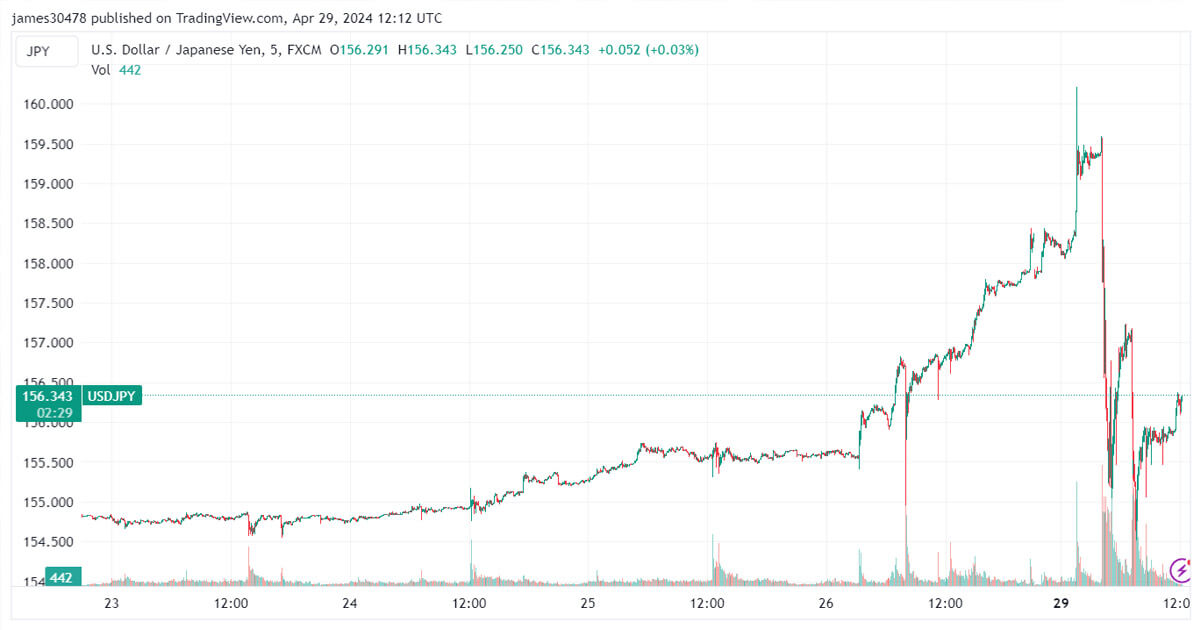IRS Releases Draft 1099-DA Form Including Unhosted Crypto Wallets
The Internal Revenue Service (IRS) recently unveiled a draft version of its 1099-DA reporting form, causing a stir within the cryptocurrency community. This controversial move introduced unhosted crypto wallets as one of its targets, signaling a shift in regulatory focus. The IRS released this draft on April 19, prompting various reactions from industry experts and professionals.
Reaction from Industry Experts
Ji Kim, the Chief Legal and Policy Officer at the Crypto Council for Innovation, expressed disappointment in the IRS’ approach. Kim highlighted that unhosted wallet providers often lack crucial information about crypto transactions and the parties involved. This lack of knowledge could create challenges for both service providers and users, potentially impacting Know Your Customer (KYC) verification processes.
Shehan Chandrasekera, the Head of Tax at CoinTracker, echoed similar concerns regarding the draft form. Chandrasekera emphasized that the implications could extend to end users who interact with unhosted wallets, including decentralized finance (DeFi) platforms. Despite these criticisms, Chandrasekera suggested that enforcement efforts would primarily target unhosted wallet providers rather than individual users.
Form 1099-DA Details
Form 1099-DA mandates brokers to supply specific on-chain data, such as transaction IDs and wallet addresses associated with each sale. Brokers must report the originating address and transaction ID for any crypto sold, along with additional details for transferred funds. While some experts raised concerns over privacy and security implications, others pointed out exceptions allowing brokers to refrain from reporting certain information when not applicable.
One notable provision within the form relates to “Wash sale loss disallowed,” clarifying that it does not impose wash sale rules on cryptocurrencies. This section primarily applies to digital assets already subject to such regulations, such as stocks and securities.
Regulatory Context
The regulations surrounding crypto brokerage reporting have been evolving, with recent developments aligning with broader regulatory frameworks. The Infrastructure Act introduced by President Joe Biden in 2021 initiated the categorization of specific crypto services as brokers. Subsequent proposals and discussions regarding Form 1099-DA have outlined requirements for enhanced transparency and compliance.
While the IRS’s draft form provides insights into future reporting obligations, it emphasizes that brokers should refrain from utilizing the form for current tax filings. This provisional status allows for a 60-day comment period, enabling stakeholders to provide feedback and suggestions for potential revisions.
Separately, the IRS has established distinct guidelines for individual crypto investors, emphasizing compliance with reporting requirements on various forms, including Form 1040. Recent warnings from IRS officials regarding potential tax avoidance strategies in the crypto space further underscore the importance of regulatory adherence and transparency.
Image/Photo credit: source url





